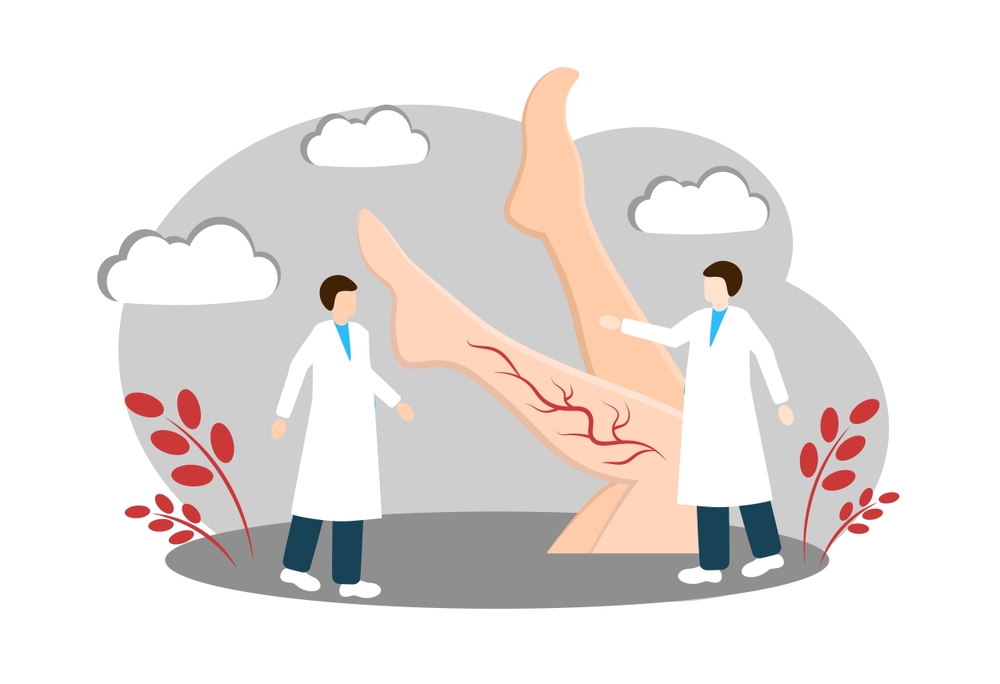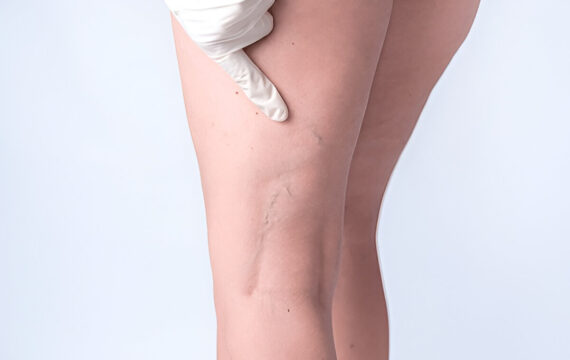Finding the right vein doctor can be a crucial step toward addressing vein-related conditions, whether it’s for varicose veins, spider veins, or more serious issues like chronic venous insufficiency. Choosing a vein specialist ensures that you receive proper treatment and care, but how do you go about finding the best one? Here are nine essential steps to help you make the right choice.
1. Research Credentials and Certifications
The first step is to ensure that the vein doctor you are considering is certified and licensed in their field. A certified vein specialist, also known as a phlebologist, typically has specialized training in vascular medicine or surgery. Look for certifications from reputable boards, such as the American Board of Venous & Lymphatic Medicine (ABVLM). These credentials indicate that the doctor has met high standards of knowledge and expertise in vein treatment.
2. Look for Experience in Vein Treatments
Experience matters when it comes to medical procedures, especially in vein care. When researching potential doctors, inquire about how many years they’ve been practicing vein treatments and the number of procedures they’ve performed. An experienced doctor is more likely to have encountered a variety of vein conditions and complications, giving them the expertise to recommend the most appropriate treatments for your specific needs.
3. Check Reviews and Patient Testimonials
Patient reviews and testimonials provide valuable insights into a doctor’s bedside manner, professionalism, and effectiveness. Look for reviews on reputable healthcare websites, as well as the clinic’s website. A history of positive experiences from other patients is a good sign. Keep an eye out for consistent praise regarding the doctor’s skills, communication, and the overall treatment process.
4. Consider the Range of Treatments Offered
The best vein doctors offer a wide range of treatment options, from non-invasive methods like sclerotherapy and endovenous laser therapy (EVLT) to more advanced procedures like radiofrequency ablation or vein surgery. A doctor who can offer multiple treatments can tailor the approach to your individual condition, ensuring the best possible outcome. Before choosing a specialist, review the types of treatments they provide and their success rates.
5. Ask About Technology and Techniques Used
Advances in vein treatment technology have made procedures faster, safer, and more effective. When evaluating a vein doctor, ask what kinds of technology they use for diagnosis and treatment. A modern clinic should have equipment like ultrasound imaging for accurate diagnosis and minimally invasive treatment tools like lasers or radiofrequency devices. Doctors who stay up to date with the latest advancements are more likely to offer better treatment options.
6. Inquire About Insurance and Payment Options
Vein treatments can be costly, so it’s essential to ensure that the doctor accepts your insurance or offers flexible payment plans. Before scheduling an appointment, confirm that the clinic works with your insurance provider. If the treatment isn’t fully covered by insurance, ask about out-of-pocket costs and available financing options. Knowing your financial commitment upfront will prevent surprises later on.
7. Evaluate the Clinic Environment and Staff
A well-maintained clinic with a professional and caring staff can make a significant difference in your treatment experience. Visit the clinic in person to observe the cleanliness and organization. During your initial consultation, pay attention to how the staff interacts with you. Are they friendly, helpful, and knowledgeable? The clinic environment can reflect the doctor’s attention to patient care and overall standards.
8. Schedule a Consultation
Scheduling a consultation allows you to meet the doctor, discuss your vein issues, and ask questions. During this meeting, observe how the doctor communicates with you. Do they listen to your concerns and explain the treatment options clearly? A good vein specialist should take the time to understand your symptoms and provide detailed explanations of the available treatments. This face-to-face interaction can help you assess the doctor’s professionalism and determine if you feel comfortable proceeding with them.
9. Trust Your Instincts
Finally, trust your instincts when choosing a vein doctor. If you feel uneasy about a particular specialist or clinic, it’s okay to seek a second opinion. The best vein doctor for you should be someone who instills confidence, listens to your concerns, and offers a comprehensive treatment plan tailored to your condition.
Conclusion
Choosing the right vein doctor is an important decision for your health and well-being. By following these nine steps—researching credentials, evaluating experience, reading reviews, considering treatment options, inquiring about technology, checking insurance, evaluating the clinic, scheduling a consultation, and trusting your instincts—you can find a specialist who meets your needs. Don’t hesitate to take your time with this process, as the best care is worth the effort. If you need professional vein care, contact a certified vein specialist near you today for an expert consultation.erm issues.erience any symptoms of a burst vein, don’t hesitate to seek medical attention to protect your health.




